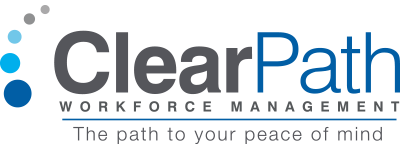As a young woman starting out in my career, this last of the Baby Boomers/first of the Gen-Xers thought being a workaholic was a good thing and would get me recognized and promoted faster. I thought nothing of working 70-80 hours a week. I took pride in being the first person in the office in the morning and the last person to leave very late at night. I always went into the office on the weekends or took work home with me. I poured my heart and soul into my job, making it the primary focus of my life. No one was forcing me to work long hours. It was completely self-imposed. And I was exhausted, with little time for a personal life.
I started looking for a new job and decided to switch industries, thinking a change would help. My new job involved about 50-70% travel and I had to learn an entirely new industry. The new job turned out to be even more stressful than my last position. I continued my workaholic ways and endured.
Now that I’m older and wiser, and with many job changes along the way, I’m beginning to understand the “work/life balance” concept. It’s taken me nearly 30 years to get it right, and it makes a huge difference in all aspects of life. Sometimes burnout is self-imposed and sometimes it’s caused by other factors out of your control.
Merriam-Webster defines “burnout” as “exhaustion of physical or emotional strength usually as a result of prolonged stress or frustration.”1
It’s your job to stop employee burnout before it becomes a problem. The burnout feeling can be caused by a wide variety of influences – lack of feedback, increased workloads, overwhelming demands, too much work with too little pay, poor management practices, lack of appreciation, boredom, stress, or a combination of any or all the above.
The impact on organizations can be significant. Burnout can result in lower productivity and engagement as well as higher absenteeism and turnover.
Fortunately, it’s possible to bounce back from burnout—which the Mayo Clinic2 defines as a state of physical, emotional or mental exhaustion combined with doubts about one’s competence and work value.
Recharge your workforce
Here are some tips to help recharge your workforce and yourself.3
- Hold Walking Meetings – Get out of the office and walk and talk.
- Try Work-From-Home Days – Allow your employees to work from home occasionally or every day.
- Take Mental Health Days– During highly stressful and busy times, morale can decline. Encouraging employees to take a mental health day can help. Knowing their manager supports it might alleviate their apprehension about asking for time off and any fear they have about not being perceived as a team player.
- Encourage Vacation -Encourage employees to use their allotted vacation days
- Promote Balance -Don’t just promote work/life balance, live it. Be a role model.
- Don’t Add Stress – Include your team members in any decisions that are relevant to their work.
- Weigh Priorities -If someone is approaching burnout, ask them, “Do you know what your top two or three priorities are?”
- Train Managers -HR should be training managers on how to keep employees engaged and motivated.
- Kill Arbitrary Rules -Don’t force all employees to come in at the same time. Some individuals work best at 8 a.m., while others are most productive at 10 a.m. If your operation allows for flexible scheduling, implement it right away! Make use of telecommuting.
- Solicit Ideas -Give employees a measure of control over their work. Allow flexible work schedules and deadlines that fit the task. Ask workers for input on how to get the job done better and faster.
- Encourage Friendships-Developing meaningful and rich interpersonal relationships among colleagues will help people feel connected to one another and engaged in their work.
- Make the Little Things Count -Make all employees, from the janitor to the CEO, feel they belong and are an important part of your company.
Pay attention to your team members. If you see a decrease in productivity, bad attitudes, lower job satisfaction, disengagement, withdrawal, or any other unusual issues or behaviors, you need to act.
Burnout is a primary cause of your employees leaving your company and it must be addressed before it negatively affects your business or other team members. Burnout is often a lot easier to prevent than it is to fix. Without attention early on, a burned-out employee could take weeks or months to recover to full productivity. If you’re running a business, make sure your employees are well cared for and they will take care of the business.
Would you like some help accomplishing day-to-day tasks pertaining to your workers? You should be outsourcing your back office Human Resources and Payroll functions to our Employer of Record service. Contact us to learn more about how our expert personalized service can let you get back to focusing on your business goals. Let ClearPath be the path to your peace of mind.
Source: 1https://www.merriam-webster.com/dictionary/burnout
2https://www.mayoclinic.org/healthy-lifestyle/adult-health/in-depth/burnout/art-20046642
3https://www.shrm.org/hr-today/news/hr-magazine/0817/pages/how-to-prevent-employee-burnout.aspx
- Written by: Connie Wendt
- Posted on: January 24, 2019
- Tags: EMPLOYER OF RECORD SERVICE, ENGAGING W-2 WORKERS, FORM I-9, INDEPENDENT CONTRACTOR COMPLIANCE, W-2 Worker Classification, Workforce Classification

